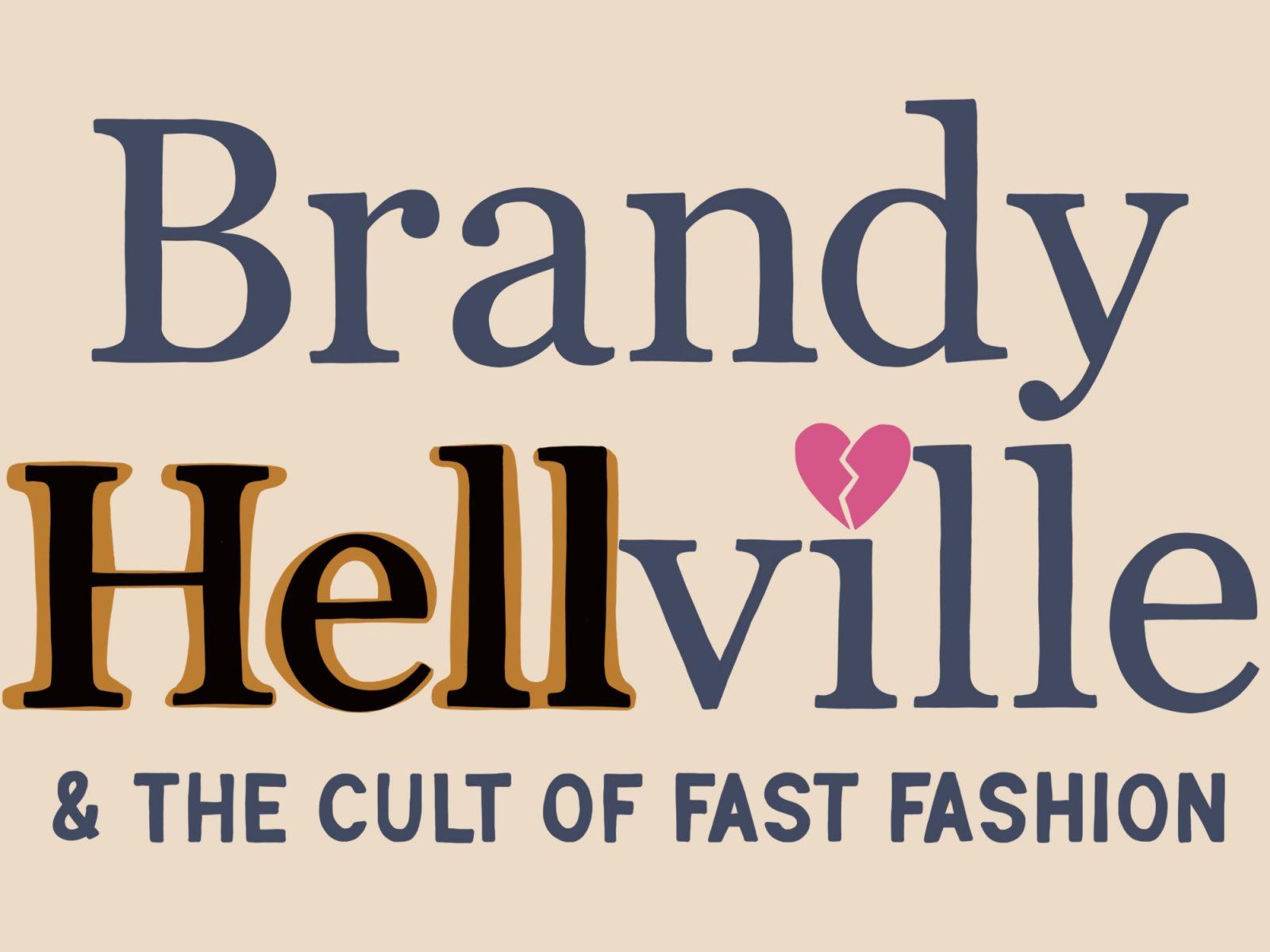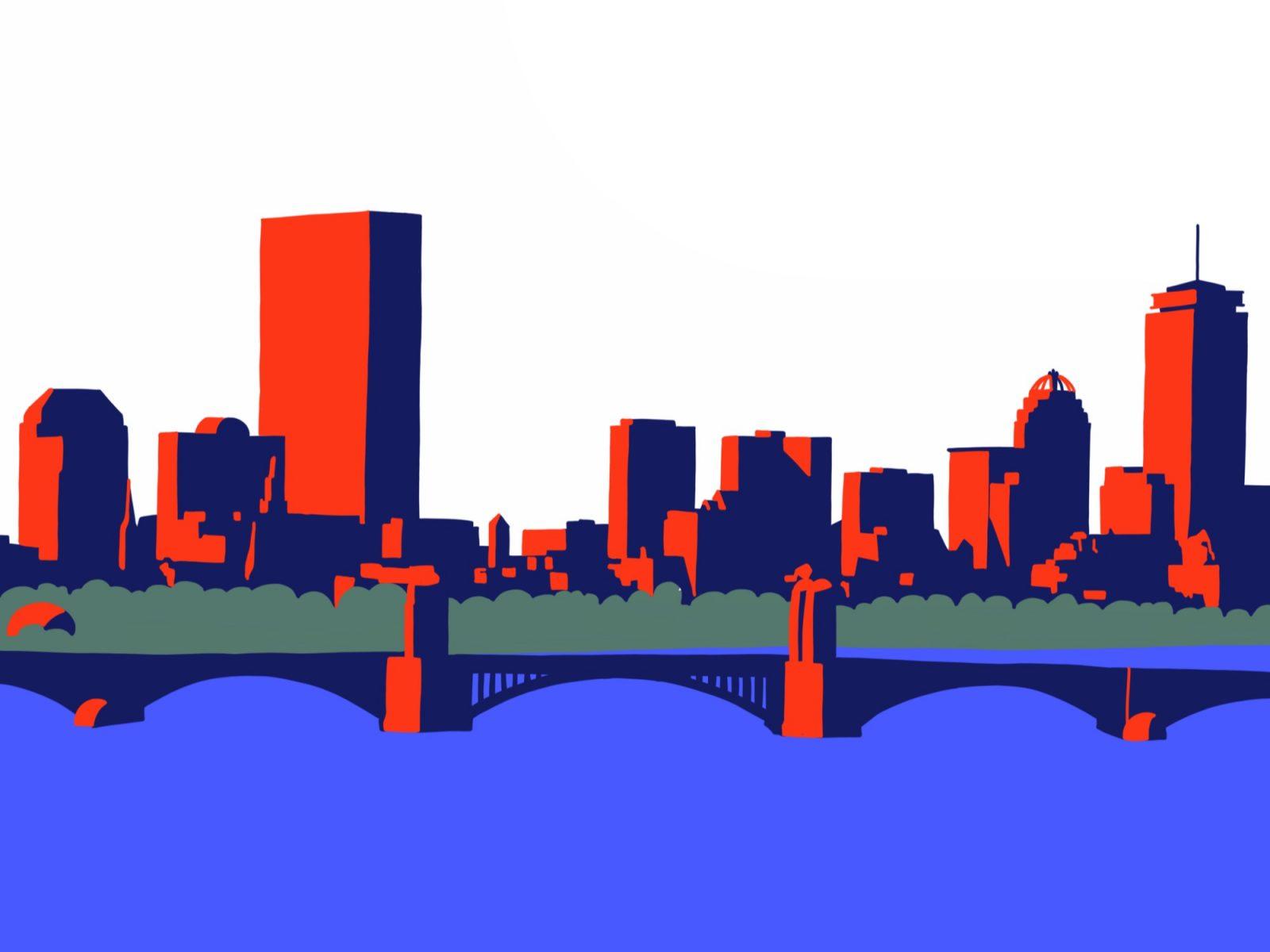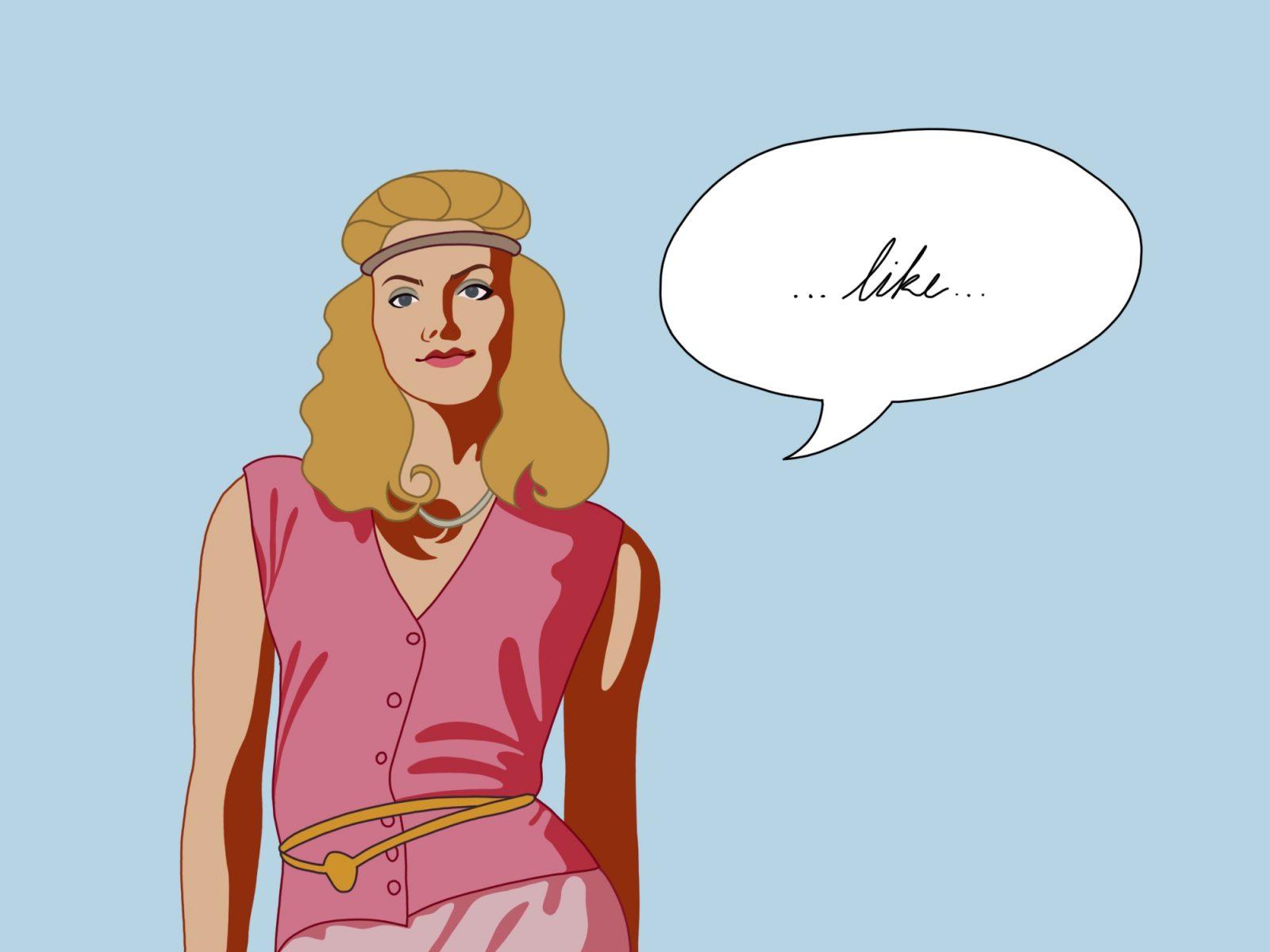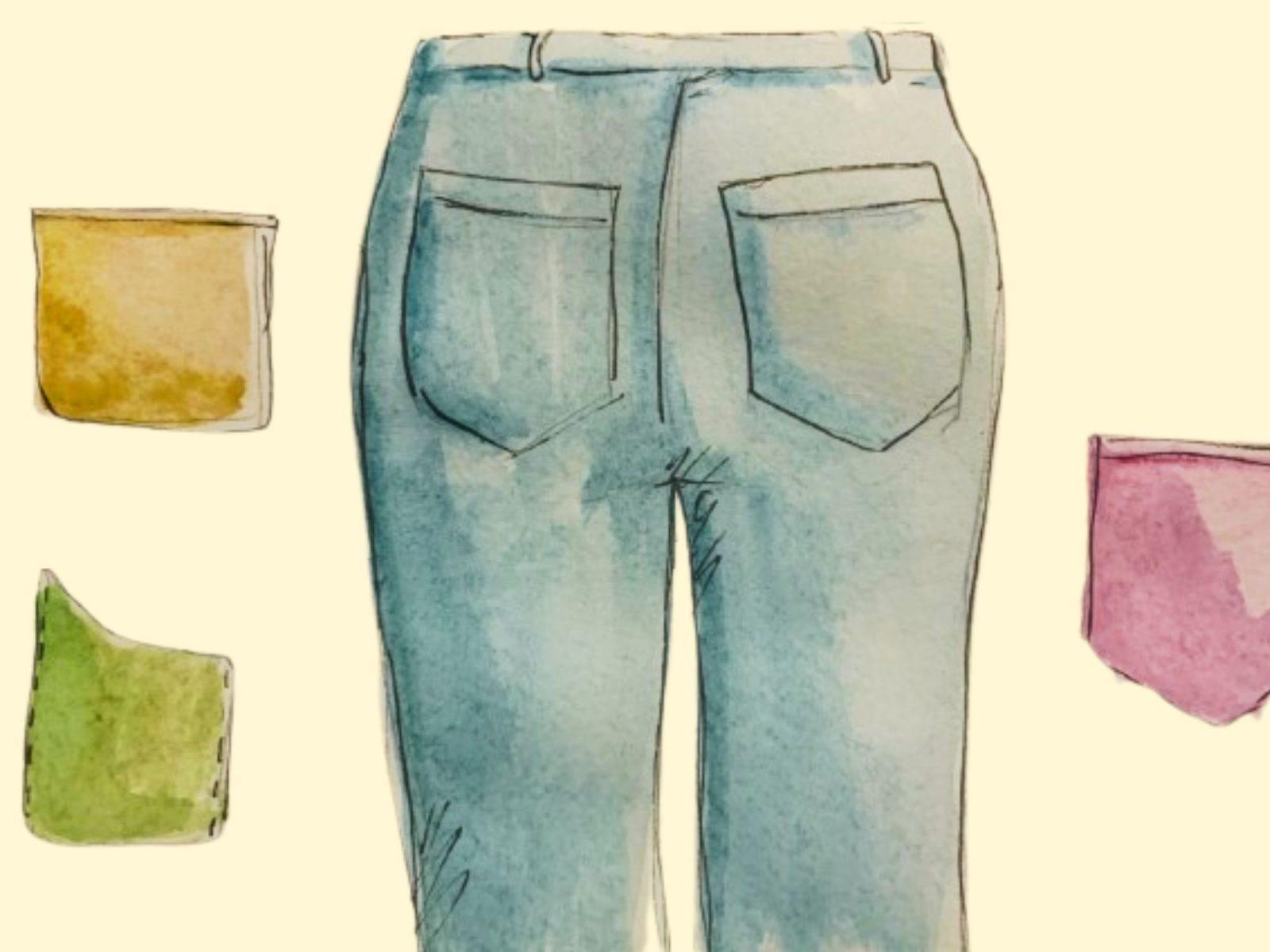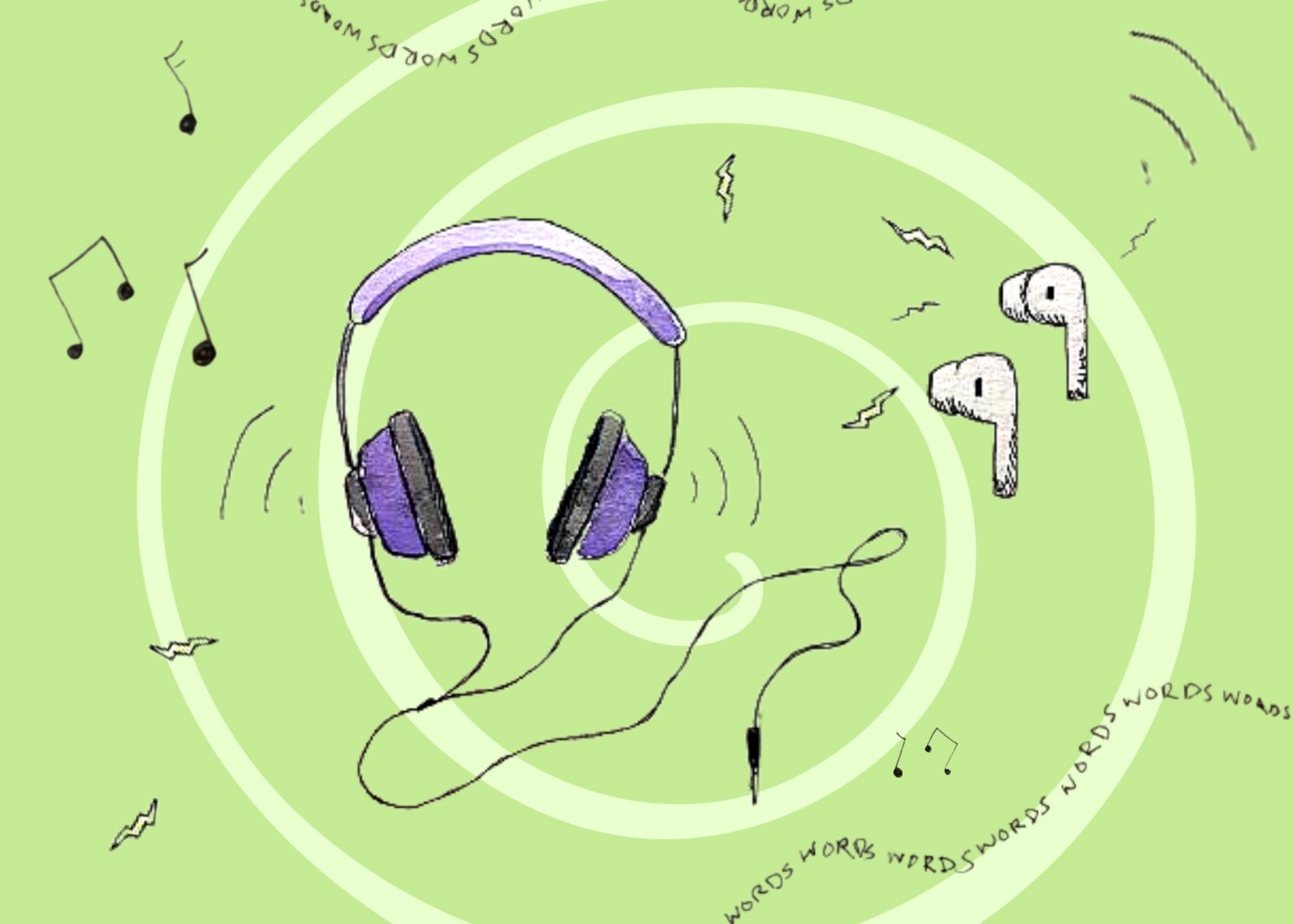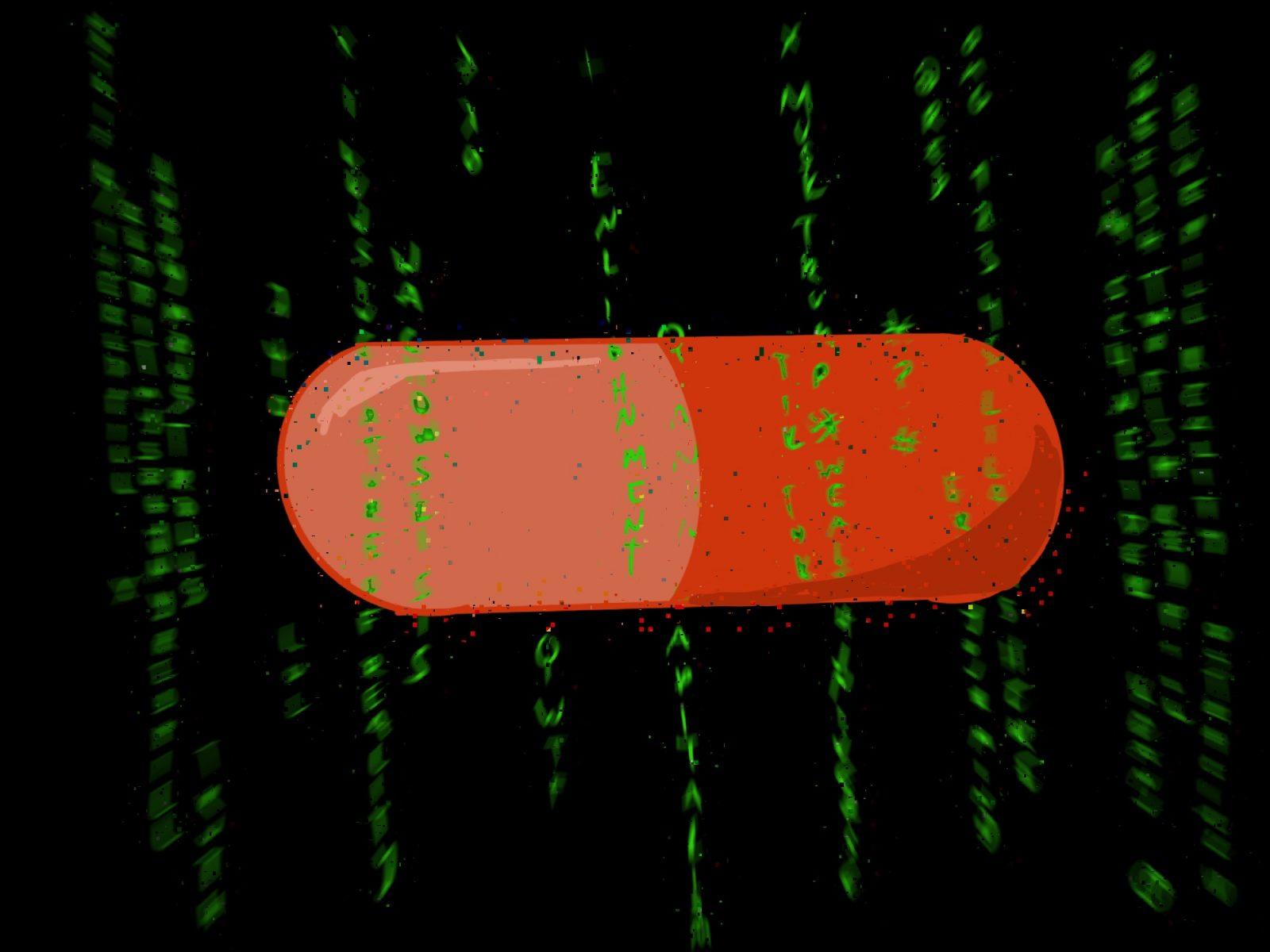I’m deviating from pop culture this week in the name of addressing a more personal quandary — namely the use of ChatGPT and its broader existential implications.
As I’ve been doing homework in the Boston Public Library or visiting some friends at Northeastern and Massachusetts Institute of Technology, I’ve seen people using ChatGPT to do their homework. Whatever, right? Their homework, their problem.
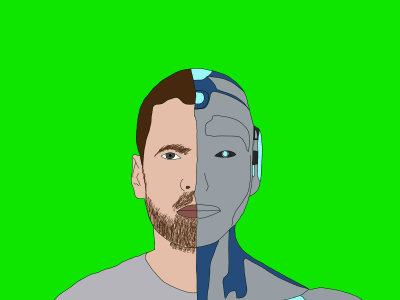
But then I heard of a friend of a friend submitting an entire essay written by ChatGPT, and I’ve felt this unknown dread gnawing away at my insides since.
I made sense of this unplaceable feeling a few weeks later when my friend and I were debating whether ChatGPT could write an essay of comparable quality to a draft I’d created.
ChatGPT’s essay wasn’t good, but it certainly wasn’t bad. I was hit with this pang of existential thought, and not just that overly antagonistic, coming-of-age nihilism we’re all familiar with.
This one came to me in a whiplashed moment of clarity: I live to write. Writing is my artistic and creative outlet, and artificial intelligence is threatening what it means to genuinely create.
With the AI revolution already ongoing, what will it mean to create in a world where the output of creative effort is more important than the process itself?
We all have our life forces — the network of people, experiences and ideas that breathe life into us. Some forces are smaller and others bigger. I’d argue that the forces that fulfill our creative drives are universally some of the strongest.
In fact, many historians and scientists would agree that creativity is necessary for humans and even plays a role in evolution. In a National Geographic profile of his latest book, Augustín Fuentes of the University of Notre Dame describes the distinct quality of humans, our ability to “imagine something and then make it real.”
AI is blurring the lines of creation and in turn, the very lines of what makes us human. If we know that one day there will be programs that infallibly produce better writing beyond our own capabilities, why should we put as much effort into learning how to write?
Sure, you could argue that one should learn to write simply because it’d scratch that primal itch to engage in the creative process. But this is a dangerous precipice to cling onto: technology is so pervasive and will only continue to grow, and as such I imagine AI will soon upend not only the output of creativity, but the process itself. The ways it will do so are beyond my purview, but I can’t shake the inevitability.
Call me a Luddite for all I care, but I fear a world that is inherently less human.
The only way I can partially reconcile with my despair is through a distinction made by Noam Chomsky, Ian Roberts and Jeffrey Watumull in their recent opinion piece, “The False Promise of ChatGPT.” They argue that there is a “moral indifference born of unintelligence,” and that its amoral “defense” of “just following orders” prevents it from teetering into the realm of true creativity.
Humans intricately balance “constraining the otherwise limitless creativity of our minds” with morality — in other words, our ability to decipher and understand normative impulses. Creative efforts undulate with the changing lines of morality, and the malleability of it all is a key feature of human intelligence. Intelligence, morality and creativity combine to form the amorphous soup of human nature.
I also think that these problems give way to a larger issue at hand concerning AI development, specifically the paradox that technology is released before its potential effects can be ascertained.
We’re quick to indulge in the sci-fi horror/fantasy of robots taking over the world, catastrophizing the physical disturbance of our human race. Yet when it comes to seemingly less threatening technology like ChatGPT, the technology is released before we’re able to grasp how it will undermine the more abstract principles our conceptions of ourselves are founded upon.
This is a problem of causality in AI: we must have the cause before we can foresee the effect.
Thus, for the time being, the creative process is still uniquely ours. Yet as the impending threat of moral and intelligent AI looms, I’ll be nervously biting my nails and appreciating the humanity of writing while it still lasts.
























































































































